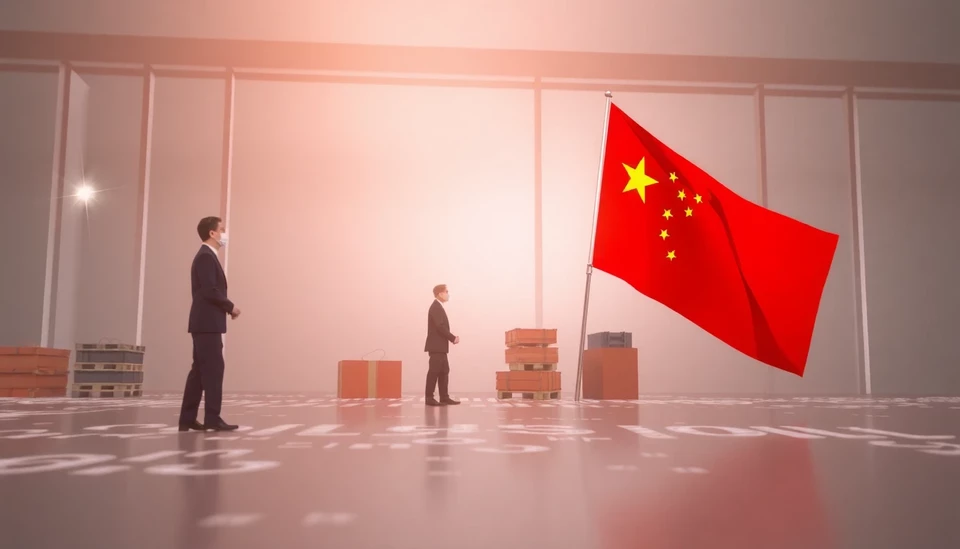
In a significant development in international trade relations, the Chinese government has expressed strong opposition to the European Union's newly enacted foreign subsidies law, asserting that it constitutes a barrier to trade. The law, aimed at leveling the playing field for EU businesses, has raised concerns in Beijing, with Chinese officials labeling it a discriminatory measure that could distort competition in the European market.
The EU's foreign subsidies regulation, which officially came into force recently, seeks to address the challenges posed by non-European companies benefiting from governmental financial support. By mandating that foreign firms receiving substantial subsidies from their home countries must declare these aid packages when participating in EU markets, Brussels aims to mitigate unfair competition. However, China perceives this move as a strategic attempt to undermine its businesses and limit their growth in Europe.
According to Zhang Jianping, a prominent Chinese trade expert, the law is "clearly designed to protect European interests" and poses risks of escalating trade tensions between China and the EU. In sparking these tensions, analysts fear that it may provoke retaliatory measures from Beijing, further complicating ongoing efforts to establish a collaborative economic relationship between the two global powerhouses.
China's reaction is particularly notable given its status as the EU's second-largest trading partner, with bilateral trade reaching over €600 billion in recent years. The Chinese government is advocating for a multilateral dialogue to resolve trade discrepancies instead of unilateral legislative measures, highlighting the necessity for fair and competitive practices in international commerce.
As the situation develops, the implications of the EU's law on its trade relationships, especially with China, will be closely monitored. Experts stress that while the regulation aims to create an equitable landscape for businesses within the EU, it has the potential to spark wider trade conflicts that could harm both economies.
In light of this unfolding saga, stakeholders in the global market are urged to pay attention to the evolving dynamics between the European Union and China, as each side navigates the complexities of international trade law and economic strategy.
As discussions continue, the broader impact of these trade regulations will likely reverberate through various sectors, influencing not just EU-China relations, but also potentially redefining global trade norms.
#China #EUTRade #ForeignSubsidies #TradeBarrier #InternationalTrade
Author: Rachel Greene




